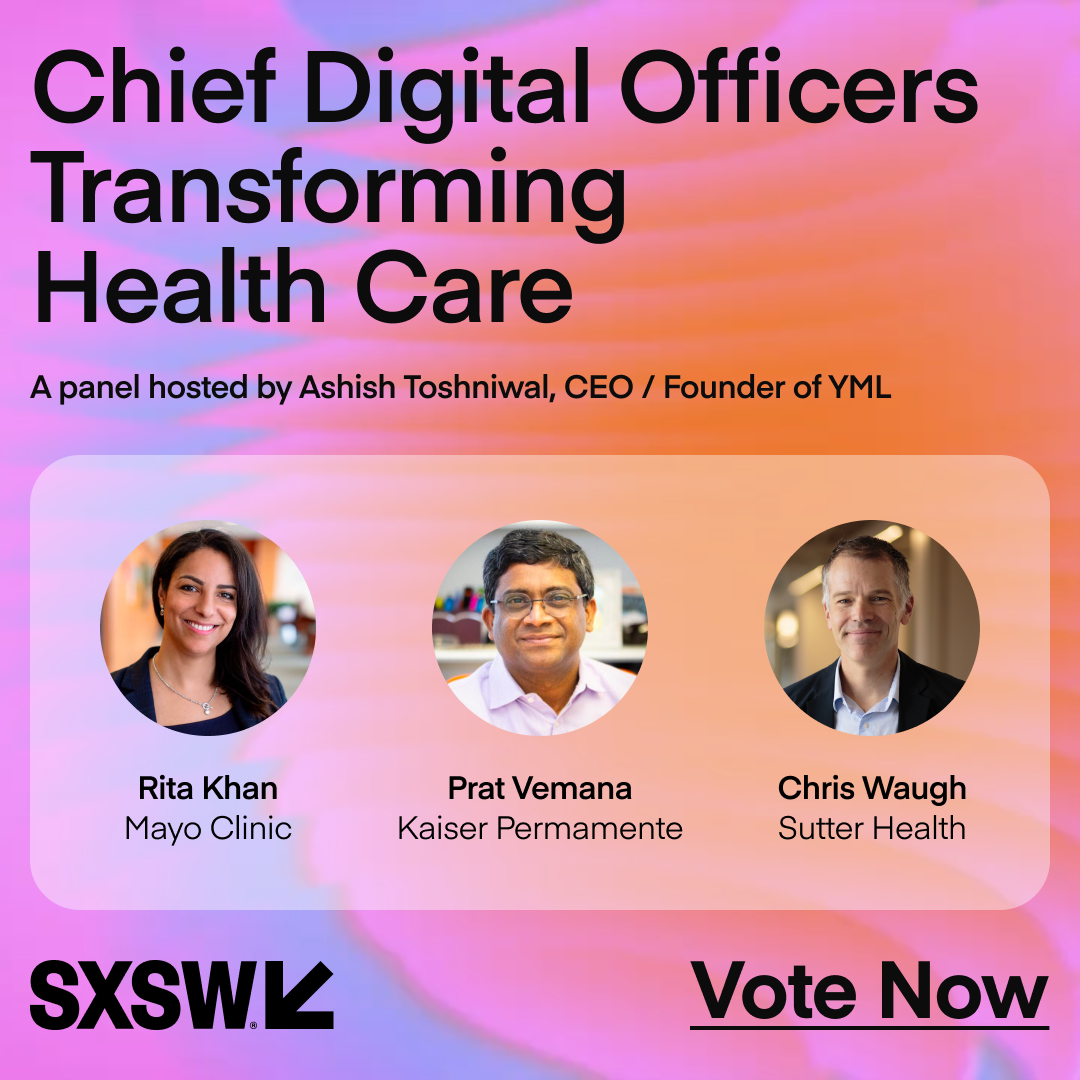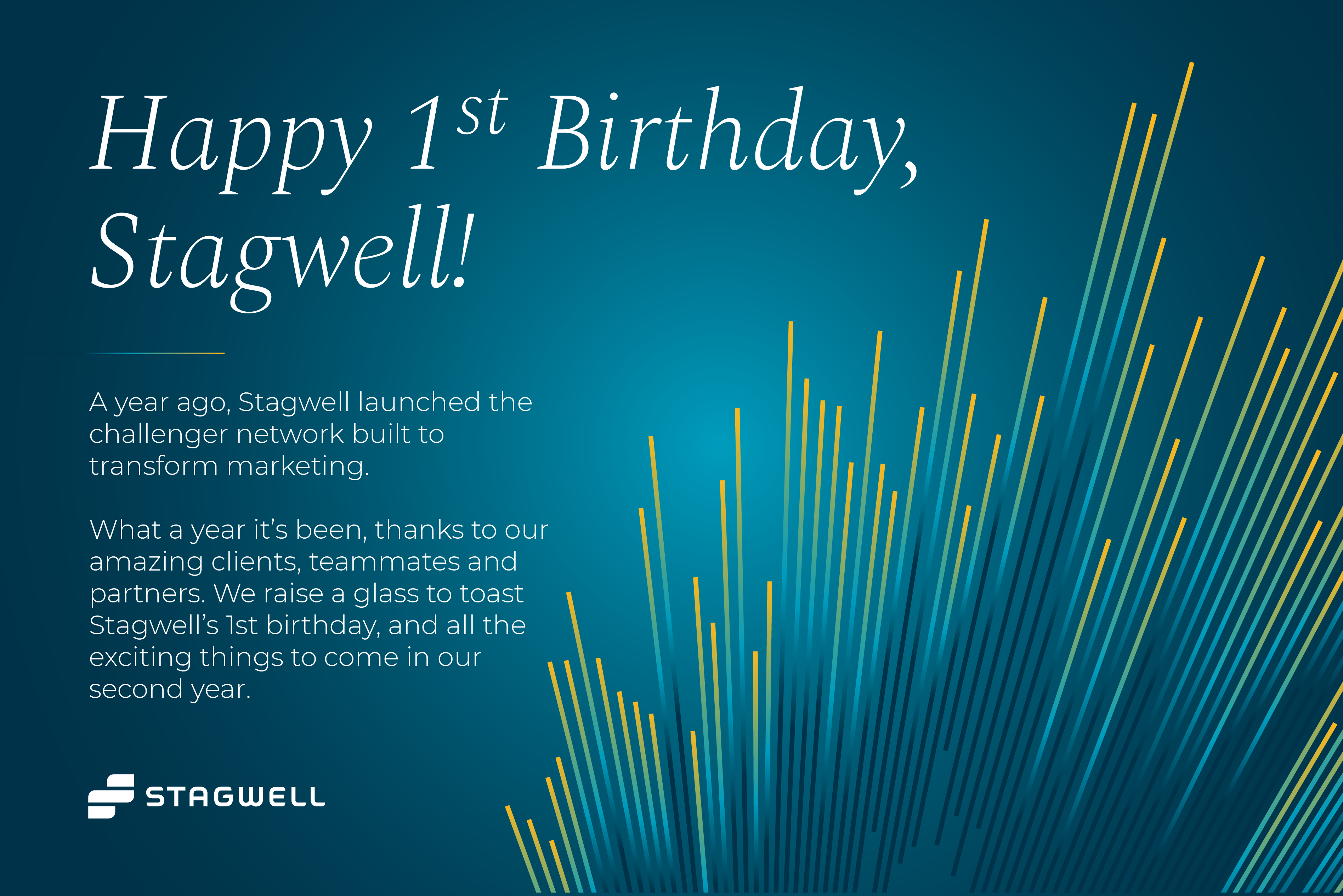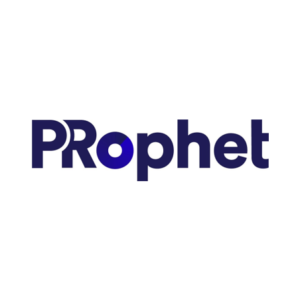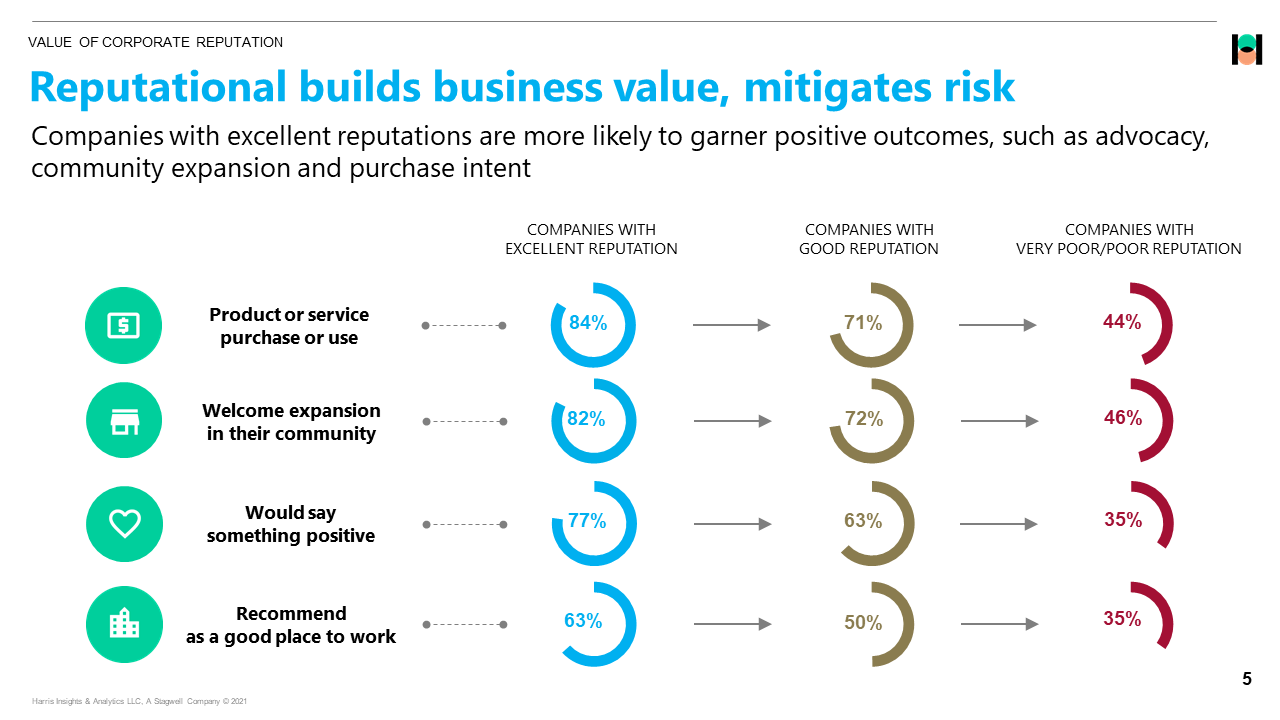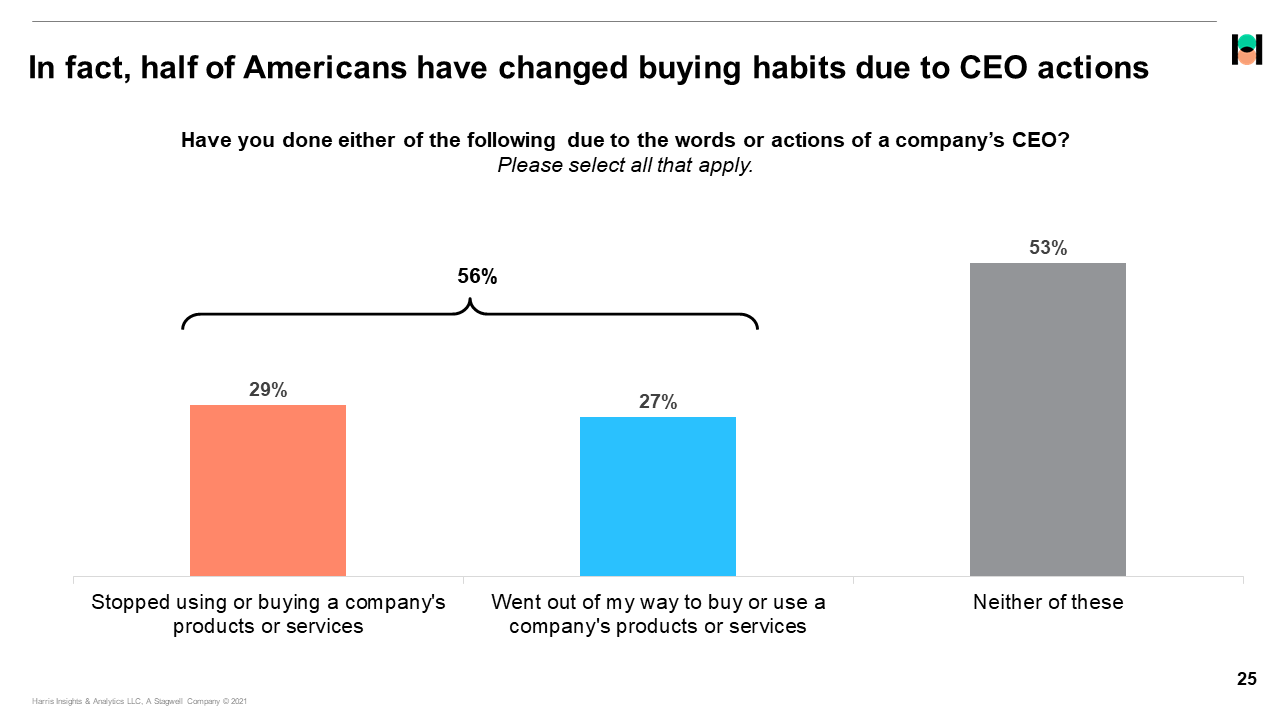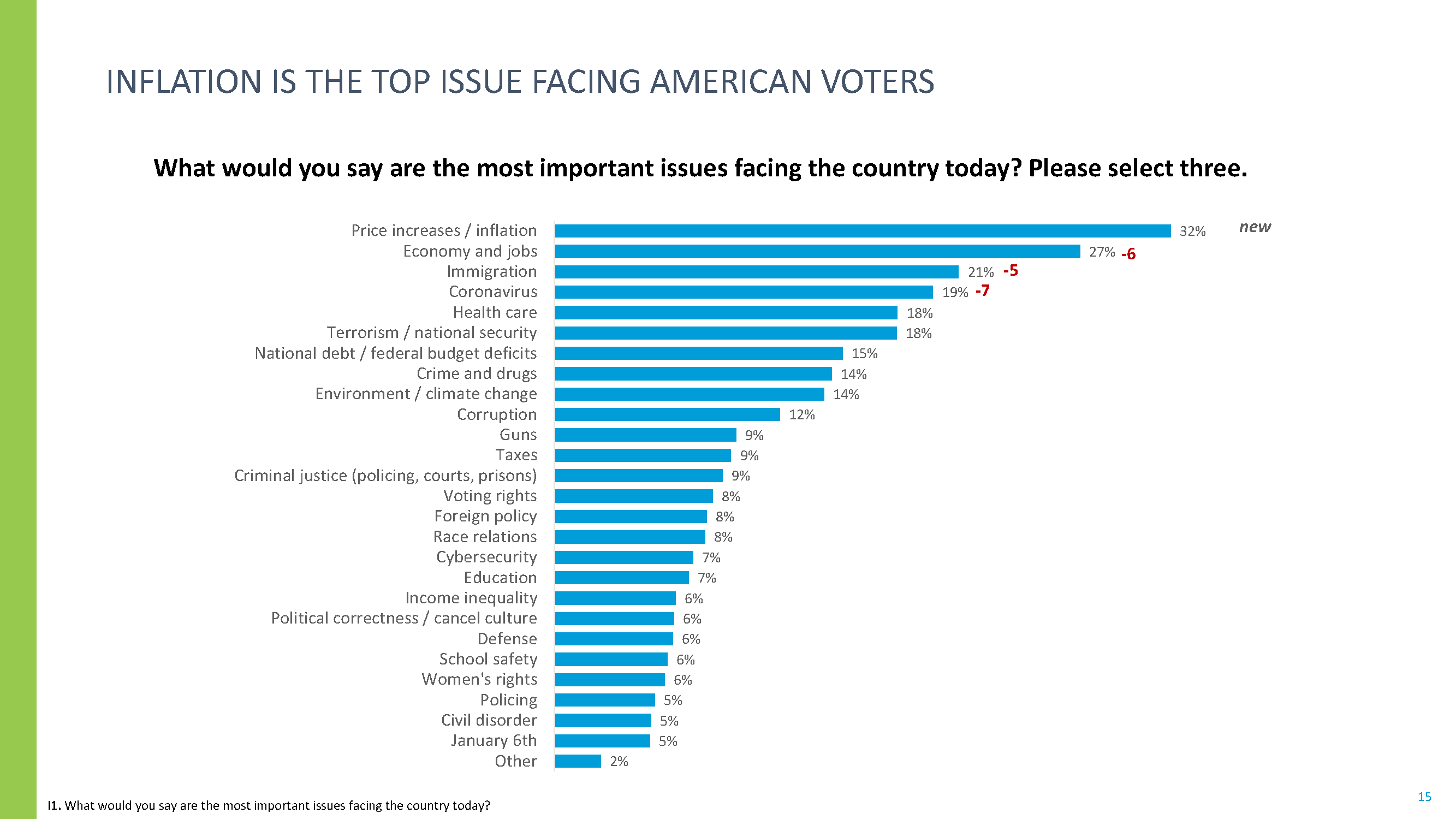NEW YORK, (August 16, 2022) – Stagwell’s (NASDAQ: STGW) PRophet, the first-ever AI-driven PR pitch platform built by and for PR professionals that predicts media interest and sentiment before you pitch, today announced the hiring of Charlie Tulip as Enterprise Account Executive and Kendra Lewellyn as the company’s Digital Marketing Manager, both moves that seek to further meet customer demand for the growing AI platform.
Tulip, PRophet’s latest addition to its sales team, brings over 20 years of B2B sales experience. No stranger to the technology space, Tulip has worked with a number of hugely successful, high growth software startups, and will bring his expertise to increase PRophet’s growing number of enterprise customers.


“A rising number of PR execs are seeing and realizing the value AI can bring to a media relations team’s productivity and performance,” said Andrew Meranus, EVP of Sales for PRophet. “Charlie’s addition comes at a perfect time of growth for the PRophet team and of the customers we serve, and I couldn’t be more excited about the future he’ll help us achieve with new enterprise accounts.”
Lewellyn, who comes to PRophet with a decade of digital marketing and design experience, will drive the the company’s global marketing strategy across all of its digital platforms, including LinkedIn, Twitter, TikTok, SEM, SEO and email campaigns. Additionally, Lewellyn will be a key player in boosting subscriptions to PRophet’s innovative software via its monthly ‘pay-as-you-go’ subscription offering, which makes the platform easily accessible to PR professionals while avoiding long-term payment commitments. Lewellyn joins PRophet after five years as the Digital Marketing Manager at software solutions company Pedigree Technologies. In that role, she led on digital marketing strategy and designed, managed, and maintained the company’s websites, blog SEO/SEM, and PPC advertising programs, while also advancing the company’s social media presence.
“Kendra will be key to driving demand for our monthly users, ultimately landing and expanding them into enterprise customers,” said Aaron Kwittken, PRophet founder and CEO. “Her content creation, digital marketing, design and PR experience make her a perfect for for this role. We’re thrilled to welcome Kendra to our team and eager to collaborate with her.”
In addition, PRophet has hired its first Business Development Representative, Ian Brand. Brand will support PRophet’s overall sales efforts and will advise on business strategy and planning. Before joining PRophet, Brand served as an account manager at Insight Media Labs (IML), a company specializing in digital advertising for local television stations and agencies.
Both agency and brand representatives interested in learning how PRophet can dramatically improve performance of their media relations efforts, can contact PRophet at sales@prprophet.ai to learn about subscription options and to request a demo. For more information on PRophet, visit www.prprophet.ai.
About PRophet
PRophet is the first-ever A.I.-driven data-as-a-service (DaaS) platform designed by and for the PR community that samples past stories to better predict future media interest, sentiment, and spread through natural language processing and machine learning. PRophet is a product within the Stagwell Marketing Cloud, a proprietary suite of SaaS and DaaS tools built for the in-house marketer, spanning campaign ideation to activation and analysis. PRophet is owned by Stagwell, and was founded by marketing industry thought leader and entrepreneur Aaron Kwittken alongside former political strategist, technologist, and author Mark Penn, Chairman and CEO of Stagwell. To learn more, visit prprophet.ai.
About Stagwell
Stagwell is the challenger network built to transform marketing. We deliver scaled creative performance for the world’s most ambitious brands, connecting culture-moving creativity with leading-edge technology to harmonize the art and science of marketing. Led by entrepreneurs, our 13,000+ specialists in 34+ countries are unified under a single purpose: to drive effectiveness and improve business results for their clients. Join us at www.stagwellglobal.com.
###
Media Contact
Adam Wise
KWT Global
awise@kwtglobal.com

